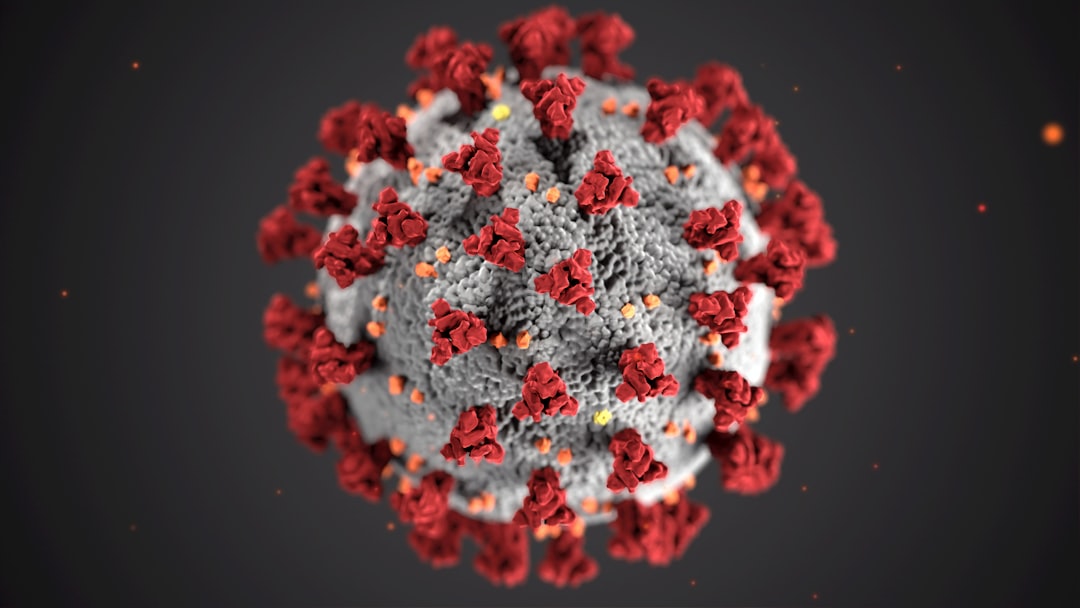What is it about?
Bacteria swim by rotating helical filaments called flagella. We show that the molecular engine that powers these flagella adapts to changes in mechanical load. This engine can rotate in either direction, clockwise or counterclockwise, and we show that the mechano-adaptation is independent of the direction of rotation.
Featured Image

Photo by Tim Mossholder on Unsplash
Why is it important?
Our findings show that molecular machines such as the bacterial flagellar motor can quickly and robustly adapt to changes in their environment. This paints a new picture of these protein complexes as adaptive, dynamic, and responsive to their surroundings.
Perspectives
The bacterial flagellar motor continues to fascinate scientists due to its very complex structure and elegant mechanism. I am glad to provide new insights into this beautiful nanomachine and look forward to learning more of its secrets in the future.
Navish Wadhwa
Harvard University
Read the Original
This page is a summary of: Mechanosensitive remodeling of the bacterial flagellar motor is independent of direction of rotation, Proceedings of the National Academy of Sciences, April 2021, Proceedings of the National Academy of Sciences,
DOI: 10.1073/pnas.2024608118.
You can read the full text:
Contributors
The following have contributed to this page










